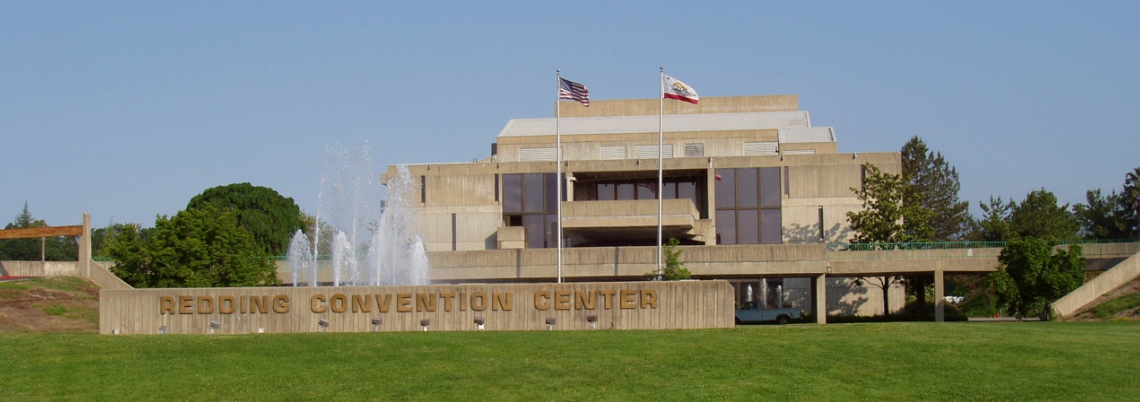These days it feels like the only socially acceptable things to say are those that don’t offend anyone. If you know me, you know that I’m not afraid of offending people, although that’s not my goal… It’s just something that tends to happen when you take a stand for something. And being politically correct never transformed a culture! When I look at the world today I’m concerned by the way political correctness has silenced people. Those who disagree with a certain behavior or core belief system are labeled as bigots or haters. This scares people into silence, mutes their perspectives, and keeps their opinions from influencing the mindset of society.
I find that a few things can happen in a politically correct culture. Either people succumb to the social pressures and “go with the flow” of whatever is “in” at any moment. Another response is to shout your message as loud as you can (in an effort to be heard, but really silencing everyone else around you.)
Another response is less extreme, and that is to live in your personal convictions, never wavering, without turning to a self-righteous pulpit of your own pride. In fairness, there are people on both sides of social and moral issues who are honorable people and have learned to love people with whom they passionately disagree. They are so confident in their perspectives that they don’t feel the need to strong-arm people into agreeing with them.
WALKING THE LINE IS SIMPLE (IN RELATIONSHIP)
What I find so beautiful about personal convictions is the fact that they’re just that—personal. For me, it’s inspiring to have a connection with God that I know is just for Him and me. This helps me to not judge others by my personal conviction standards, or become self-righteous over the personal stands I make.
I’m not talking about relative morality here. Of course there’s a black and white line when it comes to sin. However, I do think that God also gives us personal convictions that go beyond what we already know is biblically right or wrong. But where is the line?
At the end of the day we have to approach our personal convictions through our connection with God. It’s only through relationship with Him that we can be lead by His Spirit instead of by religion. And it’s only by resting and abiding in His love that we can let love overflow to those around us. Jesus said that even sinners love people who love them back. But we are called to love our enemies, the unloveable, the broken, and we’re even called to love politically correct and religious people!
Check out this week’s Flashback Friday video for the more on the power and beauty of personal convictions:
In a nutshell:
• Our job is to serve the world, love the world and yet still not bow to the things of the world.
• We’re here to love the world, not worldliness.
• We’re here to help the world succeed and unleash heaven!
• Do you know the saying “all hell broke loose”? Could you imagine what the world would look like if instead people started saying, “all heaven broke loose!” What if we walked around unleashing heaven in such a way that even people who don’t believe in God couldn’t help but recognize heaven around them!
• The book of Esther is a powerful example of influencing a worldly leader, and rising to royalty in troubled times to save the day.
• In the book of Esther, Mordecai decided to not b ow to Haman, even though it was the King’s order.
• If he changed his personal conviction and said “well it’s just a little bow”, we wouldn’t even know who Esther was. If he even pretended to bow down, it would be a very different story! (Read more in Esther 1:1-6)
• Mordecai loved the king, wanted to serve him, and didn’t have an axe to grind with him. He’s not anti-king, but he just couldn’t break his own personal conviction to bow to anyone but God. We can’t misinterpret Mordecai’s actions as a way to justify our own defiance towards leaders we don’t agree with morally.
• What we can learn here is that we can still love and serve kings who don’t have our own moral convictions, but there are still a few lines we can’t cross.
• I believe in absolutes in morality, but I also believe that there are personal convictions that are different from absolutes.
• There are things that I can do that you can’t. There are things that you can do that I can’t. For example, I have a conviction to read the Bible everyday. I hope you read it too. But I have a strong conviction that may be different from yours because I made a personal commitment to God do it.
• I thank God for grace and I also thank Him for discipline. I thank God for the grace he gives me to do the things I said I would do.
• Your personal convictions are between you and God. (Of course immorality is always wrong. I’m not talking about relative righteousness or relative morality.)
• When you keep your convictions it creates an invitation into deeper intimacy with the Lord.
THE BEAUTY OF PERSONAL CONVICTION
Mordecai didn’t yell at everyone around him to stop bowing to Haman. He simply stood by himself—talk about courage! In the same way, it’s not our job to yell others into our own convictions.
Today I’d love for you to take some time to remind yourself of the convictions God has placed on your heart. If you need a “come to Jesus” moment over it, then take the time to invite Him into that process. And the next time you’re tempted to push others into a conviction that’s coming from you, and not from God, take a step back and remember that’s not your job.
On the other hand, folding to someone else’s standards simply out of wanting to fit in is quite honestly cowardice. Don’t let fear ever tell you how or what to believe.
Is this something that’s easy for you to do? I’d love to hear what you think in the comments!




